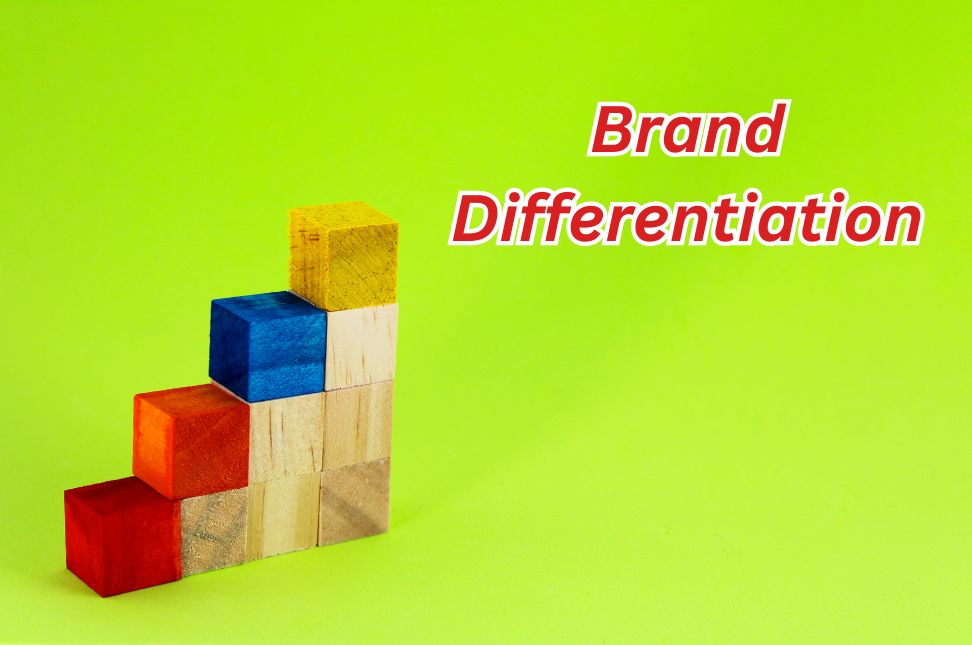Personal branding is an essential aspect of professional development in today’s competitive landscape. It involves creating a distinct identity that sets you apart from others and highlights your unique value. This article explores the significance of personal branding, its key components, and effective strategies for building a strong personal brand.
Understanding Personal Branding
At its core, personal branding is the process of marketing yourself and your career as a brand. It encompasses the unique combination of skills, experiences, and personality that you want the world to see. A strong personal brand can open doors to new opportunities, establish you as a thought leader, and enhance your professional reputation.
The Importance of Personal Branding
- Differentiation: In a crowded job market, standing out is crucial. Personal branding helps you differentiate yourself from others by showcasing your unique strengths and qualities.
- Career Advancement: A well-crafted personal brand can accelerate your career growth. It makes you more attractive to employers, clients, and collaborators.
- Credibility and Trust: Building a personal brand establishes credibility and trust. People are more likely to engage with someone who has a clear and consistent personal brand.
- Networking Opportunities: Personal branding enhances your networking efforts. A strong brand makes it easier for like-minded professionals to find and connect with you.
Key Components of Personal Branding
- Self-Assessment: The first step in personal branding is self-assessment. Identify your strengths, weaknesses, values, passions, and goals. Understanding these elements will help you create a brand that truly represents you.
- Unique Value Proposition (UVP): Your UVP is what makes you unique. It’s the combination of your skills, experiences, and attributes that sets you apart. Clearly defining your UVP is crucial for effective personal branding.
- Consistent Messaging: Consistency is key in personal branding. Your messaging, both online and offline, should consistently reflect your brand values and UVP. This includes your social media profiles, resume, personal website, and any other platforms where you have a presence.
- Visual Identity: Your visual identity includes elements like your professional photo, logo (if applicable), color scheme, and overall design aesthetic. A cohesive visual identity reinforces your personal brand.
- Content Creation: Creating and sharing valuable content is a powerful way to build your personal brand. This can include blog posts, articles, videos, podcasts, and social media updates. The content should reflect your expertise and provide value to your audience.
Strategies for Effective Personal Branding
- Define Your Audience: Understand who your target audience is. Are you aiming to attract potential employers, clients, or collaborators? Knowing your audience will help you tailor your brand messaging to resonate with them.
- Develop a Personal Brand Statement: A personal brand statement is a concise declaration of who you are, what you do, and what makes you unique. It should be clear, compelling, and reflective of your UVP.
- Optimize Your Online Presence: In the digital age, your online presence is a critical component of personal branding. Ensure that your social media profiles, LinkedIn page, personal website, and other online platforms consistently reflect your brand.
- Engage with Your Audience: Interaction is key to building a strong personal brand. Engage with your audience by responding to comments, participating in discussions, and networking both online and offline.
- Seek Feedback and Adapt: Personal branding is an ongoing process. Seek feedback from peers, mentors, and your audience to understand how your brand is perceived. Be willing to adapt and refine your brand as needed.
Case Studies of Successful Personal Branding
- Oprah Winfrey: Oprah’s personal brand is synonymous with empathy, empowerment, and authenticity. Her consistent messaging and genuine connection with her audience have made her a global icon.
- Gary Vaynerchuk: Gary Vaynerchuk, also known as Gary Vee, has built a strong personal brand around entrepreneurship and digital marketing. His candid, energetic style and valuable content have earned him a massive following.
- Richard Branson: Richard Branson’s personal brand revolves around innovation, adventure, and a rebellious spirit. His approachable and charismatic persona complements the Virgin brand.
The Role of Consistency in Personal Branding
Consistency is vital in personal branding. It builds trust and makes your brand recognizable. Ensure that all aspects of your brand, from your online presence to your in-person interactions, consistently reflect your core values and UVP.
Challenges in Personal Branding
- Authenticity vs. Perception: Striking a balance between authenticity and how you want to be perceived can be challenging. It’s important to remain true to yourself while strategically crafting your personal brand.
- Managing Multiple Platforms: Maintaining a consistent brand across multiple platforms can be time-consuming. Use tools and strategies to streamline this process and ensure consistency.
- Adapting to Change: The professional landscape is constantly evolving. Staying relevant and adapting your personal brand to changes in your industry is crucial.
Conclusion
Personal branding is a powerful tool for professional growth and success. By understanding your unique value, consistently communicating your brand, and engaging with your audience, you can build a strong personal brand that opens doors to new opportunities. In today’s competitive environment, investing in your personal brand is not just beneficial—it’s essential. Whether you’re seeking career advancement, new clients, or broader recognition, a well-crafted personal brand can help you achieve your goals.




